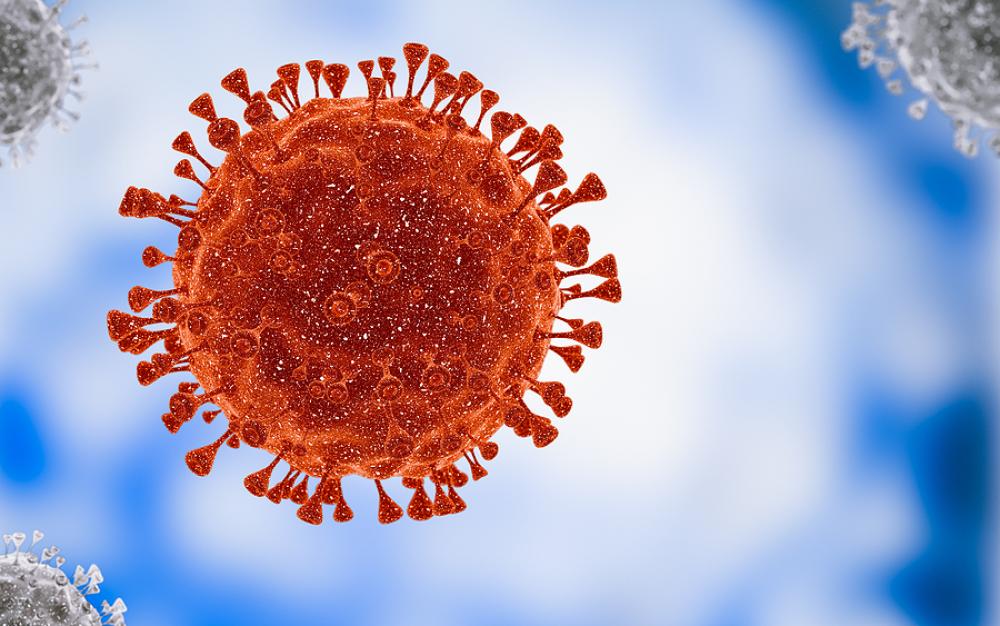
On Friday of last week, United management released a Scheduling Alert entitled “Maintaining availability throughout the holiday season.” In this message, management affirmatively encourages Flight Attendants when sick, not to come to work in an ongoing effort to avoid the spread of any virus to other employees and/or the passengers in our care. None of us disagree that this reminder to exercise due care and precaution is reasonable.
We’ve heard from many of you that while you understand the reasoning behind management’s message, you were highly offended by the manner in which the entire Flight Attendant workforce was painted with the same brush as potentially “using sick leave to simply gain time off during the holidays.”
Of even greater significance, many of you expressed frustration at one of the underlying causes. Whereas we might normally have traded or given a pairing away to avoid having to place oneself on sick leave, we are currently far less able to do so.
Historically, Flight Attendants have worked to avoid using sick leave, whenever possible.
In an effort to avoid all of the reporting and consequences of being placed on sick leave, we have traditionally utilized our contractual scheduling flexibility to move or drop trips. The overall impact of these actions has been a reduction in the total number of sick calls.
Over the past year, we have witnessed the aggressive scheduling actions United has taken in their ongoing effort “to control” trades and coverage levels by setting the Reserve pool numbers at extremely high levels. The overall impact of these actions has been a decrease in Flight Attendant schedule flexibility, all apparently in the interest of increasing Flight Attendant productivity.
The face of the matter is the adverse impact of the actions of the scheduling team has created a challenging work environment and pushed Flight Attendants into a corner. It is an ineffective strategy to leverage maximum work productivity against Flight Attendant quality of life all during an environment where COVID infection rates are soaring around the world, and in many of the cities United serves in its worldwide network.
Flight Attendants have responsibly been instructed by management not to come to work sick. Given the uncertain nature of a COVID infection, Flight Attendants are to consider symptoms that would normally be associated with a mild cold or allergies.
It’s an impossible situation where, when faced with potentially being sick or, at a minimum, having mild symptomology, Flight Attendants are left with no option but to call in sick because they lack the schedule flexibility to adjust their schedule in order to avoid doing so.
Working in a high public contact environment creates increased opportunities to be exposed to the many viruses carried by the thousands of passengers with whom we come in contact.
As Flight Attendants we understand not only the importance of our jobs but also our role to ensure the safety of the aircraft cabin we share with other crew members as well as with the passengers in our care. We cannot lose sight of the fact that we remain in the midst of a pandemic, with a new forthcoming surge expected from the Omicron variant.
Management’s message concludes, “as a team, we must all do our part to support our teammates and ensure we maintain a reliable network by being available to perform our scheduled assignment.” We support this message and all that it is intended to convey, but it’s also a two-way street. We must continue to do our part to mitigate the spread of COVID while we continue to contribute to the success of our airline and if this means, when we are sick, we do not come to work to protect the well-being of others, which is what we must do.
May we suggest an alternate narrative, “thank you for all you continue to do during extraordinarily difficult times.”
